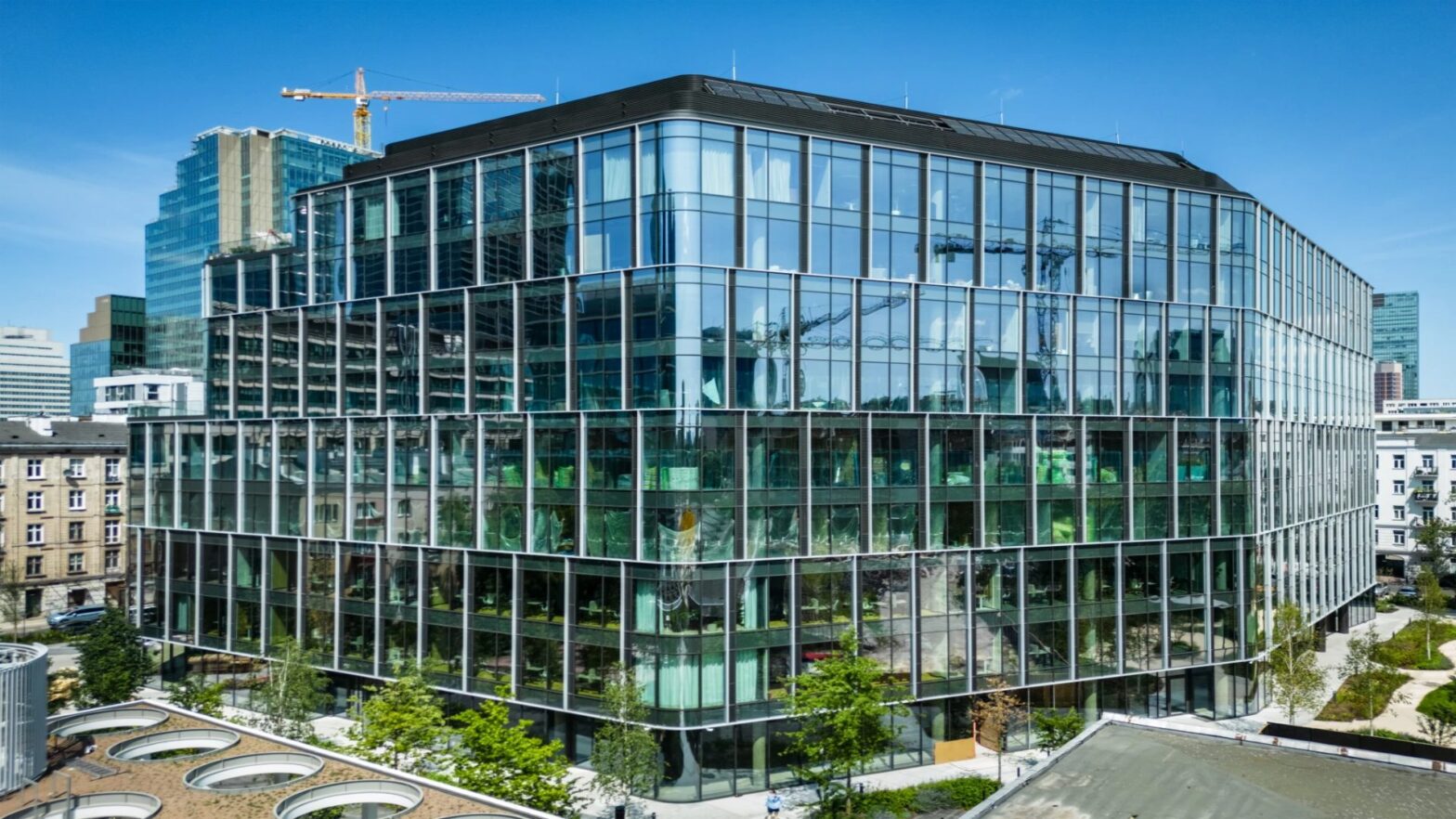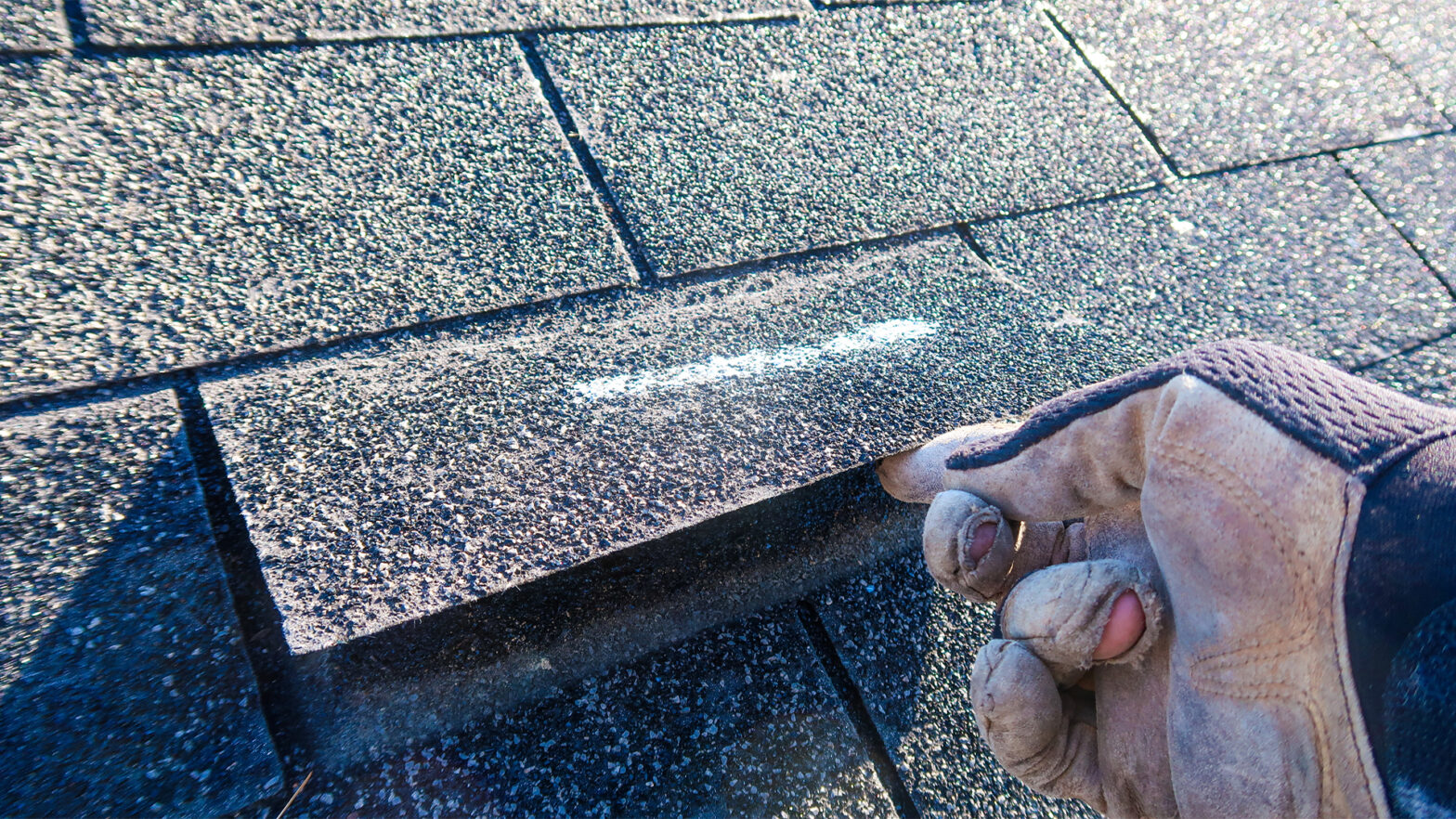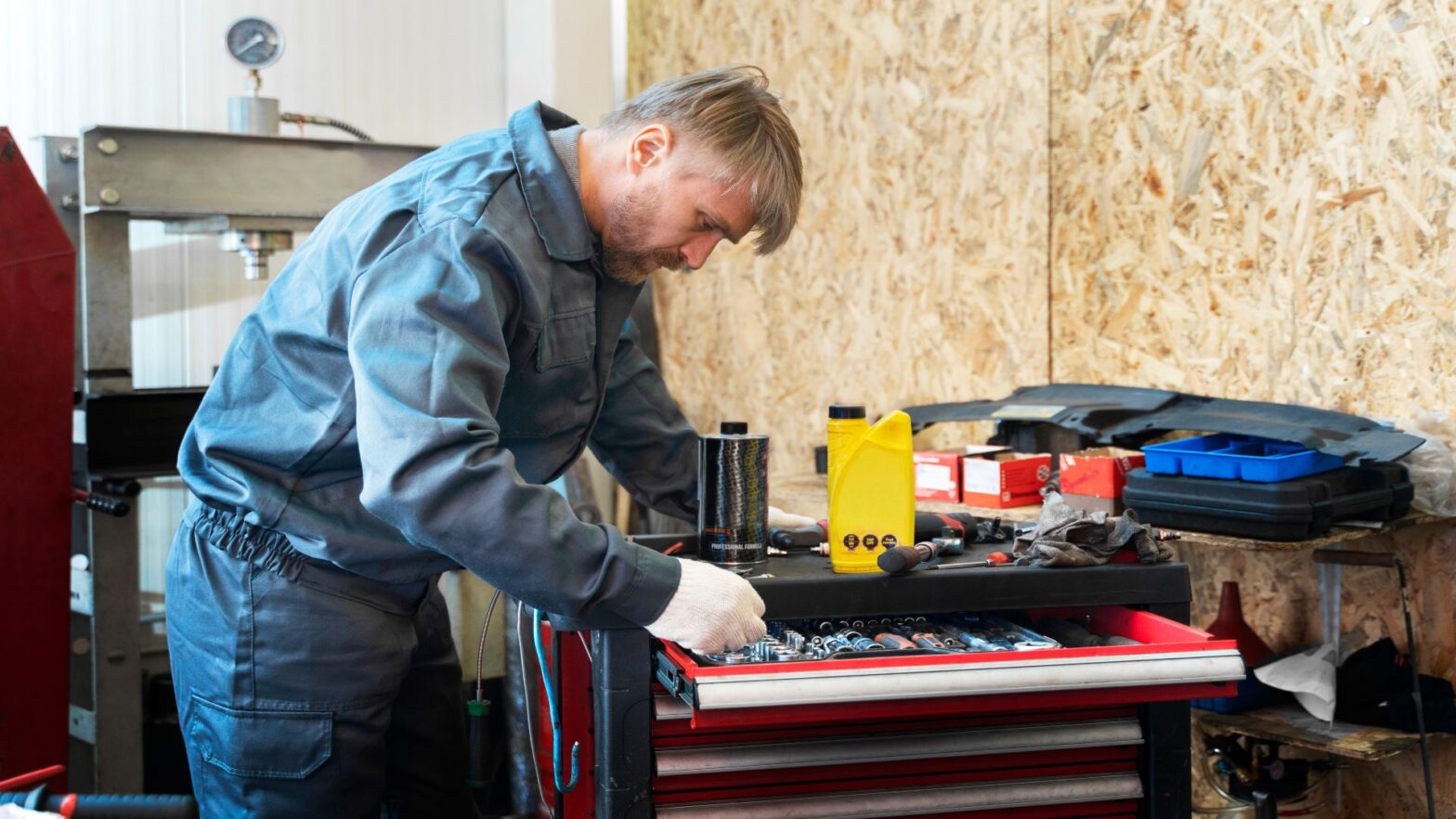Living a more sustainable lifestyle doesn’t have to be difficult or expensive. Small changes in our daily habits can have a big impact on the environment. Let’s take a look at 10 of our most useful tips you can implement today!
10 Tips For a Sustainable Lifestyle
- Reduce, reuse, and recycle
- Save energy at home
- Use renewable energy
- Walk, cycle, and anything sustainable
- Eating a plant-based diet
- Support any local or online sustainable products
- Reduce your water usage
- Use eco-friendly products where you can
- Compost organic waste
- Educate and inspire other people to do the same
1. Reduce, Reuse, Recycle
One of the simplest ways to be more sustainable is to follow the three R’s: reduce, reuse, and recycle. Reduce the amount of waste you produce by choosing products with less packaging. Reuse items whenever possible instead of throwing them away. Finally, recycle materials like paper, plastic, and glass to keep them out of landfills.
2. Save Energy at Home
Cutting down on energy use is a great way to reduce your carbon footprint. Simple actions like turning off lights when you leave a room, unplugging devices when they’re not in use, and using energy-efficient appliances can make a big difference. You can also install a smart thermostat to better control your heating and cooling.
3. Use Renewable Energy
Consider switching to renewable energy sources like solar panels. Solar panels convert sunlight into electricity, which can really reduce your energy bills and your reliance on fossil fuels. While the initial investment might seem high, the long-term savings and environmental benefits are worth it.
4. Walk, Cycle, and Anything Sustainable
Transport is a major source of carbon emissions. To cut down on your impact, try walking or cycling for short trips. Use public transport whenever possible, and if you need to drive, consider carpooling or using an electric vehicle. These options are not only greener but can also save you money on fuel and maintenance.
5. Eating a Plant-Based Diet
The food we eat has a huge impact on the environment. Eating less meat and more plant-based foods can help reduce greenhouse gas emissions, save water, and decrease deforestation. You don’t have to become a vegetarian overnight; start by having a few meat-free meals each week.
6. Support Any Local and Online Sustainable Products
Buying local products supports your community and reduces the carbon footprint associated with transporting goods. Look for farmers’ markets and shops that sell locally-produced food. Also, try to buy products that are made sustainably, such as those with eco-friendly packaging or fair trade certification.
7. Reduce Your Water Usage
Water is a precious resource, and conserving it is crucial. Simple steps like taking shorter showers, fixing leaks, and using water-saving appliances can help. Collect rainwater for gardening and choose plants that require less water to reduce your consumption further.
8. Use Eco-Friendly Products Where You Can
Many household products contain chemicals that can harm the environment. Opt for eco-friendly alternatives, such as biodegradable cleaning products, natural personal care items, and reusable bags instead of plastic ones. These choices are better for the planet and often healthier for you and your family.
9. Compost Organic Waste
Instead of throwing away food scraps and garden waste, start a compost pile. Composting turns organic waste into nutrient-rich soil, which can be used to improve your garden. It also reduces the amount of waste that ends up in landfills, where it would produce harmful methane gas.
10. Educate and Inspire Other People to Do the Same
One of the most powerful ways to promote sustainability is to share your knowledge and enthusiasm with others. Talk to your friends and family about the steps you’re taking and encourage them to join you. You can also support environmental organisations and participate in local initiatives to make a bigger impact.
By making these small changes in your daily life, you can help protect the planet and create a more sustainable future for everyone. Remember, every little bit counts, and together, we can make a big difference.





























